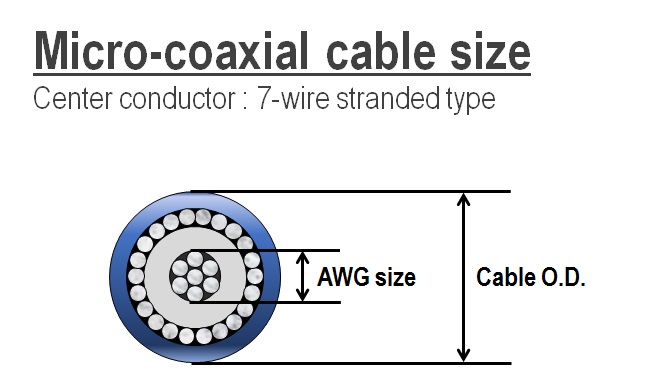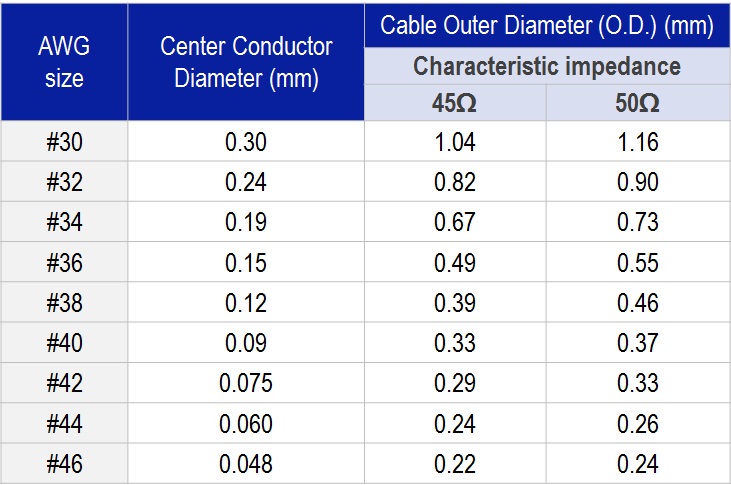What is Micro Coaxial Cable ?
Micro coaxial cable is a type of electrical cable that consists of a central conductive wire, which is surrounded by…
Micro coaxial cable is a type of electrical cable that consists of a central conductive wire, which is surrounded by an insulation layer and then an outer jacket. It has the advantage over discrete cables in that the outer conductor acts as an electromagnetic shield, making it more resistant to outside interference such as electromagnetic noise.

Micro coax cables are identified by their size, measured using the American Wire Gauge (AWG) standard. These cables often have an outer diameter of 1mm or less and are typically used for signal transmission between module boards inside devices like personal computers, tablets and smartphones as well as precision instruments used in medical applications, industrial machinery and aviation.

In comparison to larger NF coaxial cables, micro-coax offers several advantages including: reduced weight & size; high speed data & signal transmission with minimal loss; improved power efficiency relative to other forms of cabling; ease of installation due to their flexible nature; low susceptibility to external interference from electromagnetic waves making them ideal for use in environments subject to significant levels of EM noise.

The use cases for micro-coax vary depending on application needs however they are commonly utilised within telecom industries across various voice/data communication systems such as GPS tracking systems & satellite communication infrastructures thanks largely due its flexibility & robustness when compared other types of cabling solutions.






